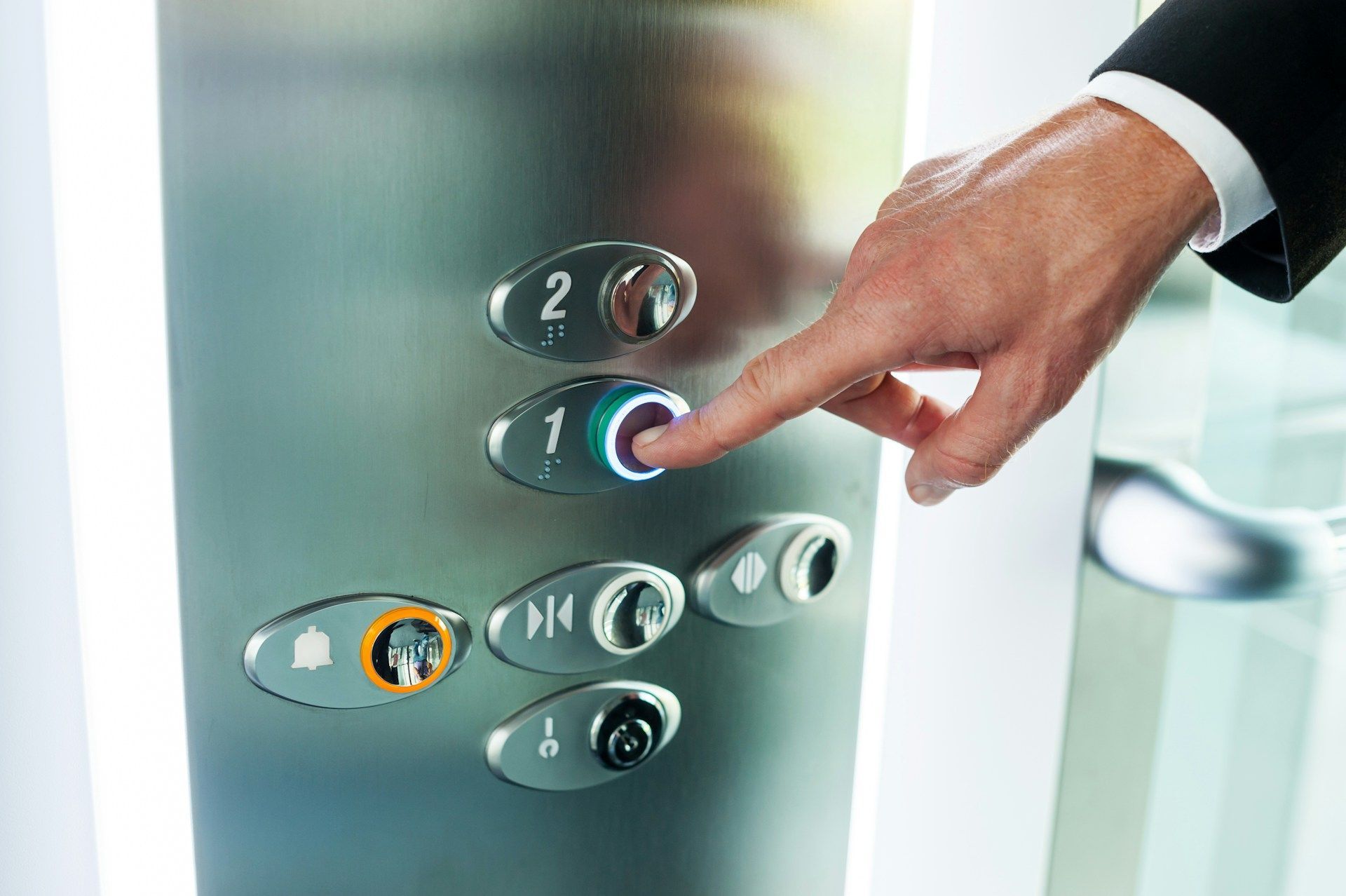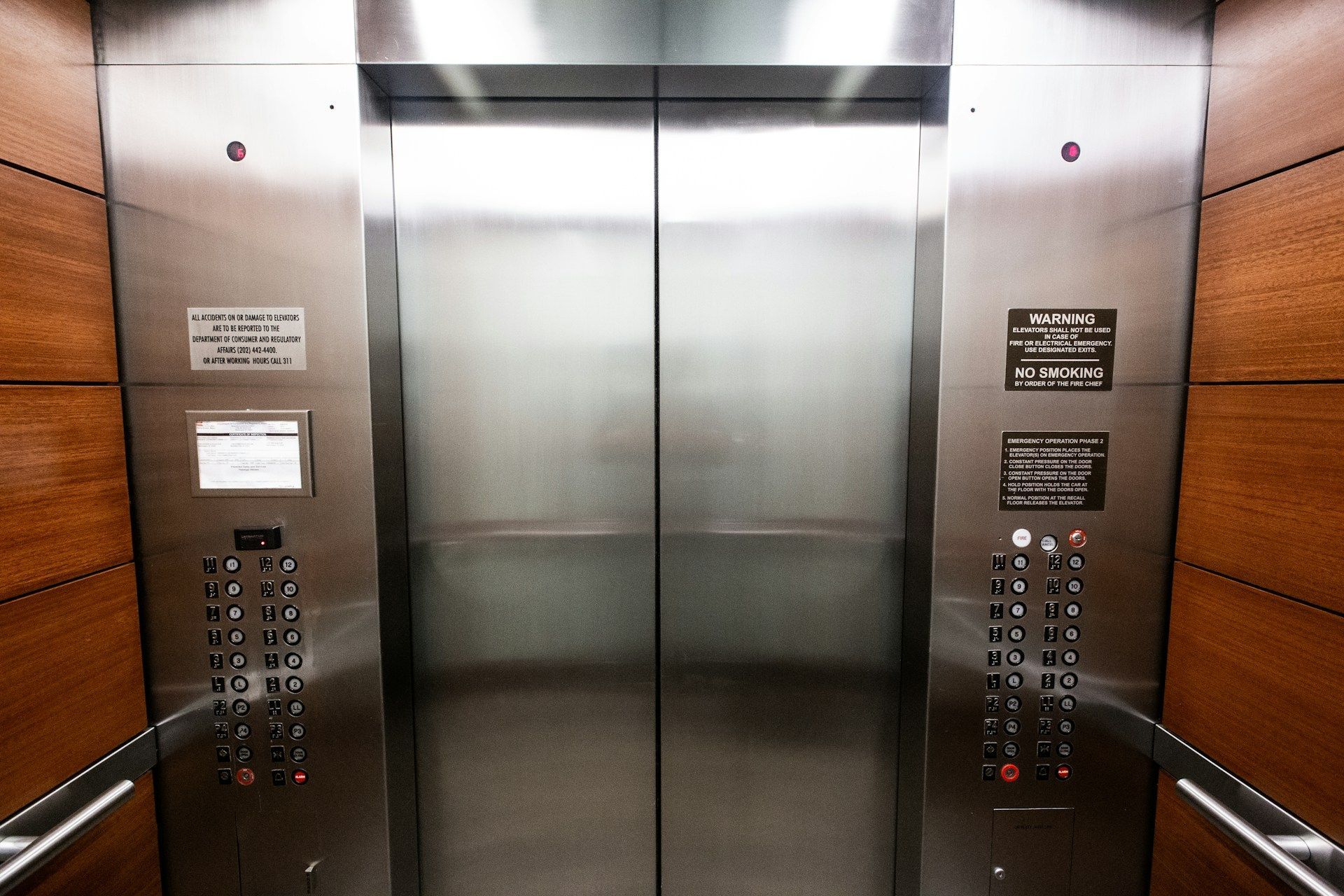Choosing the Right Elevator System for Your Building: Factors to Consider
Whether you're constructing a new building or retrofitting an existing one, the type of elevator system you choose can make a world of difference. It's not just about moving people from point A to B; it's about efficiency, safety, and even aesthetic appeal. The last thing you want is for your brand-new building to be marred by constant elevator malfunctions or, even worse, accidents.
But with so many options on the market, from hydraulic elevators to traction systems and machine-room-less designs, how do you make the right choice? This guide will delve into various factors that you should consider when selecting an elevator system for your building. From understanding your building's unique needs to considering the long-term maintenance costs, we'll help you navigate this crucial decision.
Understanding Elevator Types
1. Traction Elevators
Traction elevators are the most common type found in commercial and high-rise residential buildings. They utilize steel ropes, pulleys, and counterweights to move the elevator car through the hoistway. Traction elevators offer the advantages of speed, precise leveling, and smooth ride quality, making them the go-to choice for taller buildings with high traffic.
2. Hydraulic Elevators
Hydraulic elevators use a hydraulic piston and cylinder to raise and lower the elevator car. This type of elevator is suitable for low to mid-rise buildings, and is known for its low installation costs and energy efficiency. However, they have limitations when it comes to speed and height capabilities, making them less desirable for significant vertical travel demands.
3. Machine Room-less (MRL) Elevators
MRL elevators have gained popularity in recent years because they eliminate the need for a dedicated machine room. These elevators use compact and efficient components, allowing for installation in smaller buildings or properties with limited space. MRL elevators provide similar performance as traction elevators but with reduced energy consumption and space requirements.
Factors to Consider in Elevator Selection
1. Building Size and Height
The building size and height will determine the most suitable elevator type, capacity, and speed. Traction elevators, for instance, are ideal for high-rise buildings since they can accommodate greater heights and provide faster travel times.
2. Traffic Patterns
Understanding the expected traffic patterns in your building is essential when deciding on elevator capacity, size, and the number of elevators required. Buildings with a high number of occupants or frequent visitors may require more elevators or higher capacity systems to manage the flow efficiently.
3. Accessibility Requirements
Ensure the elevator system you choose is compliant with applicable accessibility guidelines such as the Americans with Disabilities Act (ADA). This may involve selecting larger elevator cab sizes, incorporating Braille buttons or installing wheelchair lifts to accommodate users with mobility challenges.
4. Energy Efficiency
Energy-efficient elevators can help reduce operating costs and meet sustainability goals. Look for features like regenerative drives, LED lighting, and advanced control systems to optimize energy consumption.
5. Budget Constraints
Consider both upfront and ongoing costs when selecting an elevator system. Factors such as installation, maintenance, and repair costs should be included in your analysis to ensure that your choice is cost-effective in the long run.
Working with Elevator Solutions Inc.
1. Expert Consultation
Elevator Solutions Inc. offers expert advice and guidance throughout the elevator selection and installation process. Their knowledgeable professionals will assess your unique needs and recommend the most suitable elevator system for your property.
2. Tailored Solutions
Elevator Solutions Inc. understands that every building has a unique set of requirements and is committed to providing customized solutions. From the initial consultation to final installation and ongoing maintenance, trust Elevator Solutions Inc. to deliver tailored services to meet your specific needs.
3. Comprehensive Service Offerings
Choose Elevator Solutions Inc. as your one-stop partner for all your elevator needs, including installation, maintenance, repair, and modernization. Their team of professionals is also skilled in wheelchair and material lift services.
Understanding the Different Types of Elevator Systems for Your Building
In essence, choosing the right elevator system for your building is a critical decision that requires thoughtful and comprehensive consideration of various factors. Remember, the best elevator system is not necessarily the most expensive or technologically advanced one, but the one that best meets your building's specific needs and constraints. Reliable, efficient, and user-friendly should be the defining characteristics of your chosen elevator system.
By understanding the factors to consider and partnering with a knowledgeable elevator solutions provider in Indiana, like Elevator Solutions Inc., you can ensure the right elevator system is chosen and installed for your building's unique needs. Reach out to us today to start the journey towards a safe, efficient, and tailored vertical transportation solution for your property.



